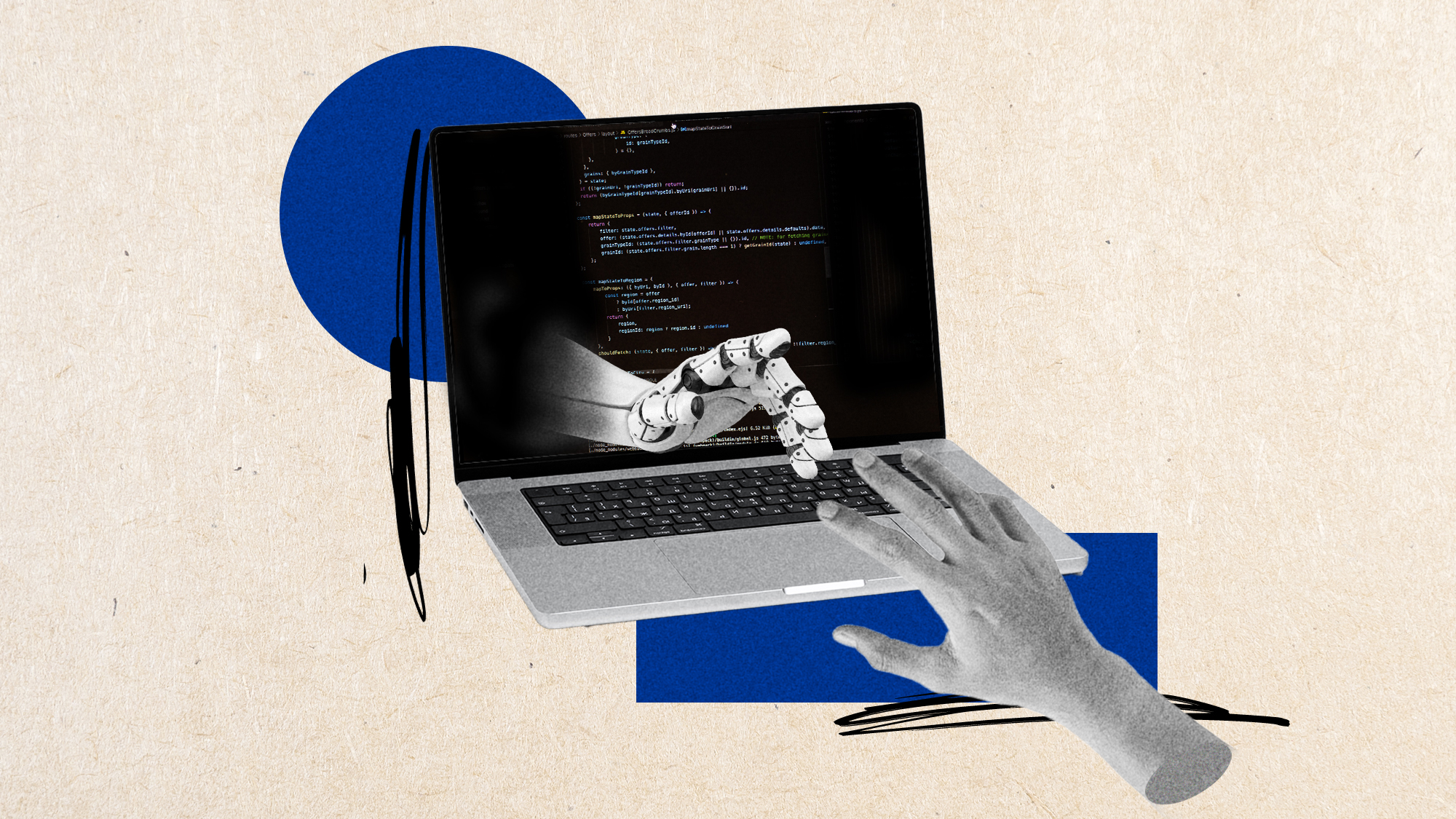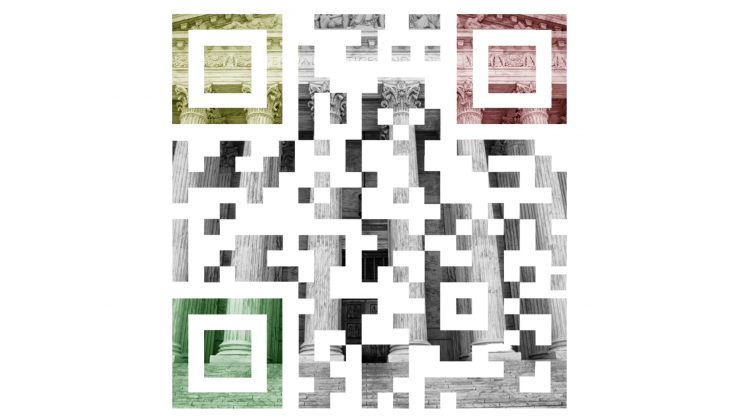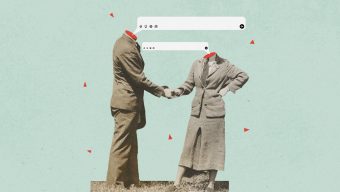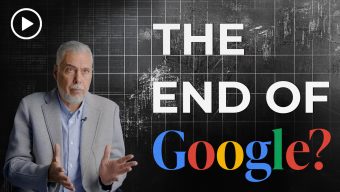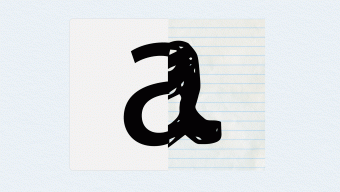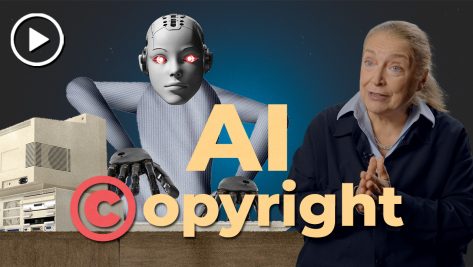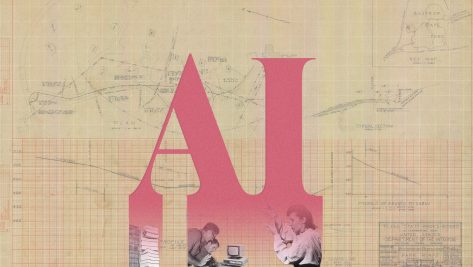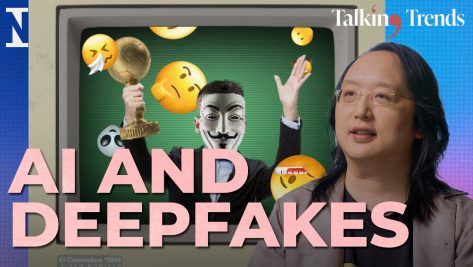Whether it’s generating text and images or answering complex questions, there is no doubt that AI is changing the way we live and work, and how we interact with technology itself. Many sectors, if not all, are well on their way to integrating AI into existing processes. But coding is experiencing a deeper change, a shift in who can participate and how it gets written, that may generate more harm than good.
Tools like ChatGPT, GitHub Copilot, and Amazon CodeWhisperer can now generate functional code, identify and fix errors, and even develop comprehensive solutions based on simple natural language descriptions. This means that what once demanded years of specialized training can now be accomplished by anyone who can properly articulate their needs to a generative LLM.
This technological shift prompts an essential question: Is it worth learning to program when AI can do it for us? Are universities addressing this challenge properly?
There is no simple answer, but the relevance of the questions shows just how much the future of coding learning and developing is at a crossroads. It means we must consider the role of learning in an era where writing code is no longer exclusive to humans. A major stumbling block is the belief that programming does not now give individuals an edge. If a model can produce in minutes what a programmer would take hours to do, why spend years studying something that a machine can do better and faster?
Let’s be honest, who doesn’t love to take a shortcut? Our brain does, please do not forget this. The idea that anyone can now create working software without years of training is pretty tempting. Where is the motivation to convince the decision-making tool in my skull to make the effort, being as efficient as it is, as well as influenced by instant rewards? In mid-2024, according to Stack Overflow, 82% of developers used AI for writing code, more than half for debugging, and around 40% for documenting. The future is now! Let’s adapt to compete or we will be obsolete soon.
But hang on. This quick-fix thinking misses something crucial about what’s really happening in software development. Sure, AI can churn out code like nobody’s business, but that doesn’t mean human programmers are headed for irrelevance, or extinction. And what’s more important, that doesn’t mean that stopping learning how to code is the way to a better future.
Coding and programming are usually confused. Programming isn’t just about writing lines of mysterious text. It’s about solving problems by understanding the language of technology. Yes, AI can write code, but if the human on the other end doesn’t know the basics, doesn’t have the context, how can they judge whether what the AI has produced is any good? Secure? Efficient? Ethically sound?
Take a junior developer using AI to generate SQL queries. If they don’t recognize that the code lacks proper sanitization, they might be unwittingly opening the door to SQL injection attacks. Talk to any seasoned developer and they’ll be able to recount stories of junior team members blindly using AI-generated code only to crash spectacularly until rescued by someone who understands what’s going on under the hood.
It’s more than just the ability to catch errors, though. A true understanding of coding matters in ways that are not immediate – because when you learn to program, something changes in how you approach problems. This is not unique to coding of course, the same thing happens when you learn, for example, a new language, mathematics, or musical composition. It’s not just about writing code; it’s about developing a programmer’s mindset. Technical skills matter, of course, but it’s the mental transformation that might be most valuable in the long run. Learning is a change in the brain, and like top athletes, it requires motivation, grit, patience, and has its impact in the long run.
The process of learning to code rewires your brain in ways that pay dividends far beyond the technical ability to write code:
- You start breaking impossible-looking problems into bite-sized chunks.
- You develop a step-by-step mental discipline that cuts through complexity.
- You see connections between different systems that others miss.
- You create efficient solutions that can be applied again and again.
These aren’t just “coding skills” – they’re mental superpowers that make you better at almost anything. Doctors, lawyers, teachers, business folks – anyone can level up their thinking game by understanding how programmers approach problems. In fact, we are all programmers in our everyday life. Think about the first time you followed a recipe to cook something you liked. You were just repeating instructions step by step. But then something came to your mind, the idea of trying new things with this base procedure. In El Bulli: The Story of a Dream, Ferran Adrià explains that all great chefs start by learning the basics – cleaning and preparing food to better understand its organoleptic characteristics – before moving on to recipes. Innovation and learning are impossible without those processes. My point being: if you can cook, you can code.
There is no doubt, learning to program remains essential even as AI generates code. Without that foundational knowledge, these new tools will be of little value to us. Programming and coding are not dying – they are evolving. This means the way we teach and learn this discipline must also change. Rather than memorizing syntax, the focus should shift toward understanding core principles and learning to collaborate with AI.
Teaching programming can’t stay stuck in the past, but it doesn’t need to be thrown out either. What’s changing is the focus, and both past and future approaches must be included in the equation. Athletes like Cristiano Ronaldo, Simone Biles, and Ma Long still stretch, lift, and do abs and cardio. But now, they are likely to also incorporate computer vision, biomechanical analysis, advanced nutrition, and cryotherapy into their training. They use cutting-edge tools to build on the fundamentals that still work. Starting with the crypto chamber, instead of the basics, misses the point.
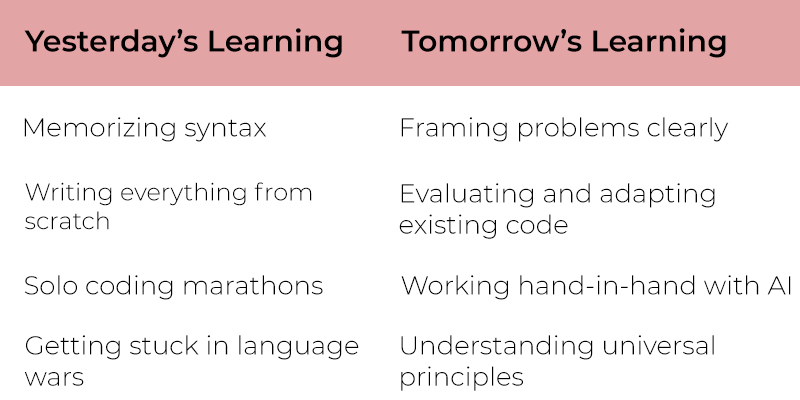
Neither is the human touch going anywhere. Software development for neophytes is a sprawling, messy universe of frameworks, libraries, APIs, and languages that’s constantly shape-shifting. Good luck navigating that without human judgment.
Even Bjarne Stroustrup – the creator of the ubiquitous C++ language, which you can find in Google searches and on your phone – who is not known for being warm and fuzzy about programming accessibility, emphasizes the need for humans – mentors, peers, experts – when tackling big, meaningful projects. An AI chatbot can’t replace that. And, despite any (mis)conceptions about the topic, you can’t learn this stuff just through online courses. Online courses, again, will be very valuable for those who already know.
And those old technologies nobody wants to touch? They’re gold mines for the few who master them. COBOL still quietly powers the financial world, and the dwindling number of experts who can wrangle it are laughing all the way to the banks they help run. In fact, one of the first big challenges addressed to AI was to rewrite all COBOL code to modern languages. Still to be done. Legacy systems and expertise in the discipline are not so easy to adapt as was expected.
The relationship between programmers and AI is more nuanced than simple replacement – it’s not as simple as handing over the programming reins. For example, Ethan Mollick’s research has found that while people initially get more done with AI tools, their productivity and the quality of their work decreases after relying on the tools for a while.
Truly we have become spoiled by instant everything – breaking news, same-day delivery, streaming on demand. Learning to code takes time, sweat, and plenty of frustration – exactly what our instant-gratification culture tries to avoid. Asking AI to build an app in five minutes might feel like a win today, but the act creates programmers who fold like cheap lawn chairs when faced with problems their AI tools can’t handle. Without a foundation, you’re just building castles in the digital sand.
The AI revolution won’t kill programming jobs – it’ll transform them into something new. AI Integration developers, AI/ML Engineers, Synthetic Data Engineers, AI DevOps Engineers. These new roles will need both technical chops and AI fluency – a uniquely human combination that no algorithm can match.
So, to hammer in the point: learning to code in the age of AI is far from wasted effort. It’s an investment in becoming intellectually prominent in a digital world. Skipping programming because AI can do it for you is like refusing to learn math because calculators exist. Calculators didn’t kill mathematics – they elevated it. Similarly, AI won’t replace programmers, it’ll supercharge the ones who know how to use it. Tomorrow’s coders will wield AI like a power tool, focusing their uniquely human talents on the parts where judgment, creativity, and ethics matter most.
This is the moment to decide where you want to be in the future, either asking AI tools to write for you “Hello World,” or shaping it with whatever comes thanks to your deeper knowledge and understanding of human nature and technical opportunities to come.
© IE Insights.



